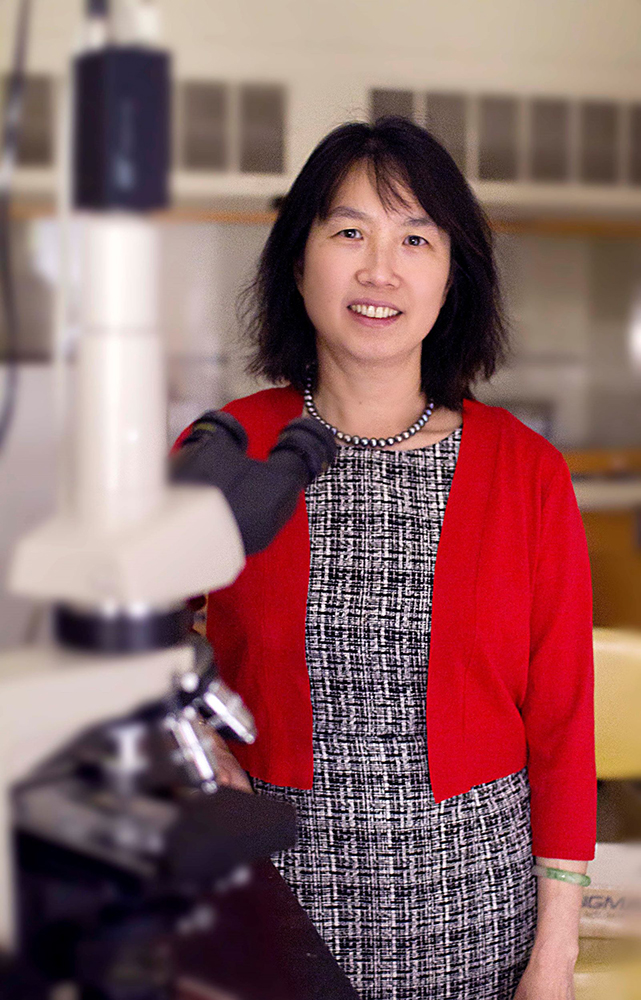
Of the 13 essential vitamins, vitamin E is known to benefit vision, reproduction and
a person’s blood, brain and skin. Researchers at Texas Tech University Health Sciences
Center (TTUHSC) now are studying vitamin E to examine the effects of the vitamin on
obesity with obese adults.
Vitamin E has antioxidant properties that protect cells against molecules produced
when your body breaks down food. Leslie Shen, Ph.D., C.C.R.P., a TTUHSC professor
in the Department of Pathology, said these molecules may play a role in other diseases
such as obesity.
“The presence of chronic low-grade inflammation in obese people plays an important role in the development of obesity- associated insulin resistance, diabetes and cardiovascular disease,” Shen said. “Among these risk factors, obesity is now recognized as a worldwide epidemic disease. Obesity-induced chronic low-grade inflammation is initiated by excess nutrients in metabolic cells.”
Shen said aging and the decline of estrogen are factors that contribute to weight gain in postmenopausal women, and approaches, such as anti-inflammatory potential in dietary antioxidants to reduce inflammation may likely combat obesity. TTUHSC researchers are conducting a 24-week research study examining the effects of tocotrienols, a type of vitamin E, on obesity-associated outcome measures in obese men and women.
Participants are needed for this study, “Effect of Tocotrienol (vitamin E isomers) on Obesity.” Shen said other studies have indicated tocotrienols supplements may be good for mitigating negative impacts of obesity in obese adults.
“However, no study has ever been done on the role of tocotrienols in obesity in adult men and women,” Shen said. “Our long-term goal is to develop a new strategy featuring a dietary supplement such as tocotrienols for mitigating negative impacts of obesity in adult men and women.”
Participants should be adult men and women. Participation is free of charge. The study is funded by a grant from School of Medicine, TTUHSC, the Laura W. Bush Institute for Women’s Health and American River Nutrition, L.L.C.
For more information about this research study, contact the Clinical Research Institute at (806) 743-4471 or via email.
![]()
